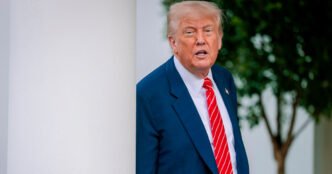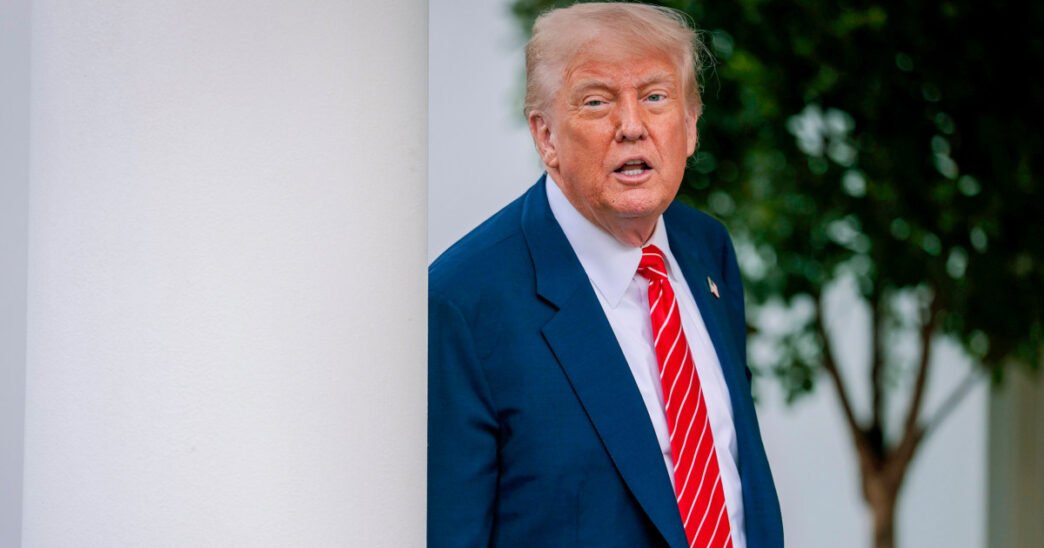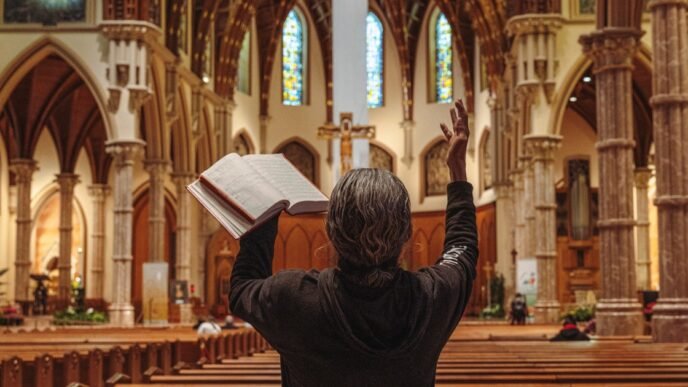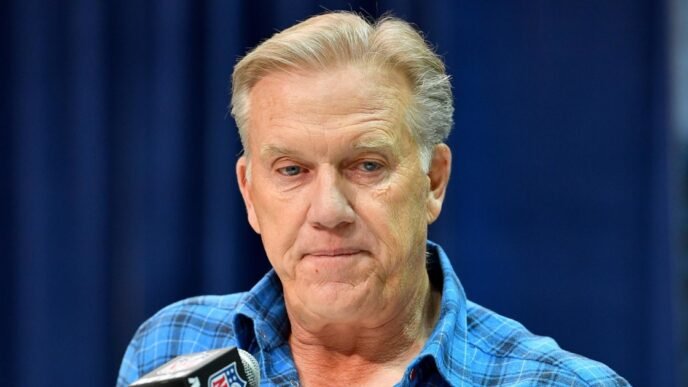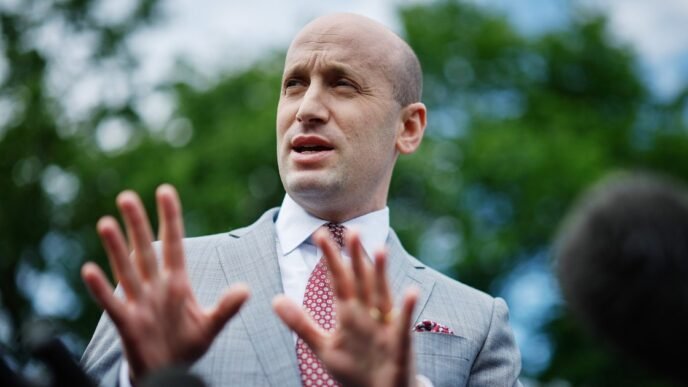President Donald Trump’s last-minute push to raise taxes on the wealthiest Americans is running into a buzzsaw of opposition in the Republican Party, where such proposals have long been anathema.
As congressional Republicans assemble a massive tax-and-spending-cut package to deliver on Trump’s domestic policy agenda, the White House has been kicking around the idea of allowing the tax rate on top earners to go up as a way to pay for other priorities on taxes, immigration and the milit without cutting programs like Medicaid that millions of Americans rely on.
Trump — who has sent mixed signals on the matter over the past few weeks — floated the idea of bumping the top rate for those making at least $2.5 million annually from 37% to 39.6% during a phone call with House Speaker Mike Johnson, R-La., on Wednesday, as NBC News previously reported.
But the proposal received swift pushback from Republicans behind the scenes, raising doubts about whether it will appear in the package, though a draft has still not been finalized. In a Truth Social post on Friday, Trump said that he would “graciously accept” a “‘TINY’ tax increase for the RICH,” while also warning of potential attacks from Democrats. He said Republicans should “probably not do it” but that he would be “OK” if they did.
Grover Norquist, the president of Americans for Tax Reform, told NBC News that Trump called him on Wednesday to seek his input on a tax hike for top earners. Norquist said he pushed back hard on the proposal, citing both economic and political reasons.
“I gave him my sense of why I thought any discussion of increasing rates was a bad idea: because it would kill jobs, it is damaging to small businesses, nobody in the campaign ever discussed this as an option,” Norquist said. “The other part is, the entire Republican Party is against it.”
Norquist said Trump sounded receptive to his argument, and that the president even raised the example of how President rge H.W. Bush suffered politically for backtracking on his infamous 1988 campaign pledge, “Read my lips: no new taxes.” Trump also referenced Bush’s pledge in his Friday Truth Social post.
The idea of a tax rate increase also did not go over well with Republicans on Capitol Hill, although they entertained the idea following Trump’s call with Johnson on Wednesday. House and Senate GOP leadership — which has long been resistant toward raising the top tax rate — communicated to lawmakers and aides by Thursday evening that there aren’t enough votes for a tax hike on the wealthy, according to four GOP sources familiar with the matter.
Johnson and Trump spoke again by phone on Thursday, according to Norquist as well as a GOP source familiar with the call.
Senate Majority Leader John Thune, R-S.D., said Friday that Republicans are “all about lowering taxes.”
“I don’t want to see taxes go up on anyone. … But the president, he’s not a conventional president. People didn’t vote for a conventional president, and I think his policies reflect that,” Thune said on CNBC’s “Squawk Box.” “This all starts in the House of Representatives, they’re going to have to figure out how to dial this.”
There’s also some confusion among Republicans about how serious Trump is about a plan to raise taxes on the wealthy. In addition to his ambiguous social media post on Friday, Trump had publicly shot down the idea of a tax increase on millionaires two weeks ago.
Members of the Trump administration also sent conflicting signals on Friday. White House press secret Karoline Leavitt said at a Friday briefing that Trump would personally not mind paying more money to “help the poor and middle class and the working class,” but said “these negotiations are ongoing on Capitol Hill.”
Meanwhile, National Economic Council Director Kevin Hassett said Friday on CNBC that Trump’s “not thrilled” about a tax hike for the rich and said “it’s not high on the president’s list.”
The White House did not respond to a request for further comment. Johnson’s office also did not respond to a request for comment.
The issue has emerged as a major flashpoint for the GOP, both in terms of the fate of their “big, beautiful bill” and the direction of the broader party, which has trended more working class under Trump. That’s led some Republicans, like former White House adviser Steve Bannon, to argue that a tax hike on the wealthy, while a significant break from traditional party orthodoxy, would be in line with Trump’s populist approach.
Sen. Josh Hawley, R-Mo., said this week he supports raising taxes on high-income earners to offset spending in the package for Trump’s agenda, but noted a majority of his party “probably don’t feel the same.”
“Maybe one or two, but I don’t think so,” said Hawley, who has tried to position himself as a champion of the working class.
Ryan Ellis, a longtime tax policy adviser to conservatives, said the appetite for higher taxes on the wealthy isn’t there among Republicans, and predicted they would “absolutely” defy Trump if he tried to pursue it.
“This is a Republican mortal sin. It would be like asking a [Democrat] to deny that climate change exists or something,” Ellis said.
House Republicans are racing to pass their bill by Memorial Day, meaning they are running out of time to make major decisions.
Trump’s evolving position on the tax portion of the bill is just one of the issues plaguing GOP leaders on the Hill. Johnson is also caught in a power struggle between moderates and conservatives on Medicaid cuts, while contending with a small group of Republicans from blue states who could torpedo the entire effort over the state and local tax deduction.
The House Ways and Means Committee, tasked with extending Trump’s 2017 tax cuts, is aiming to mark up their portion of the bill next week.
Rep. Jason Smith, R-Mo., the chair of the committee, was expected to meet with Trump at the White House on Friday afternoon, according to a GOP source familiar with the matter.
